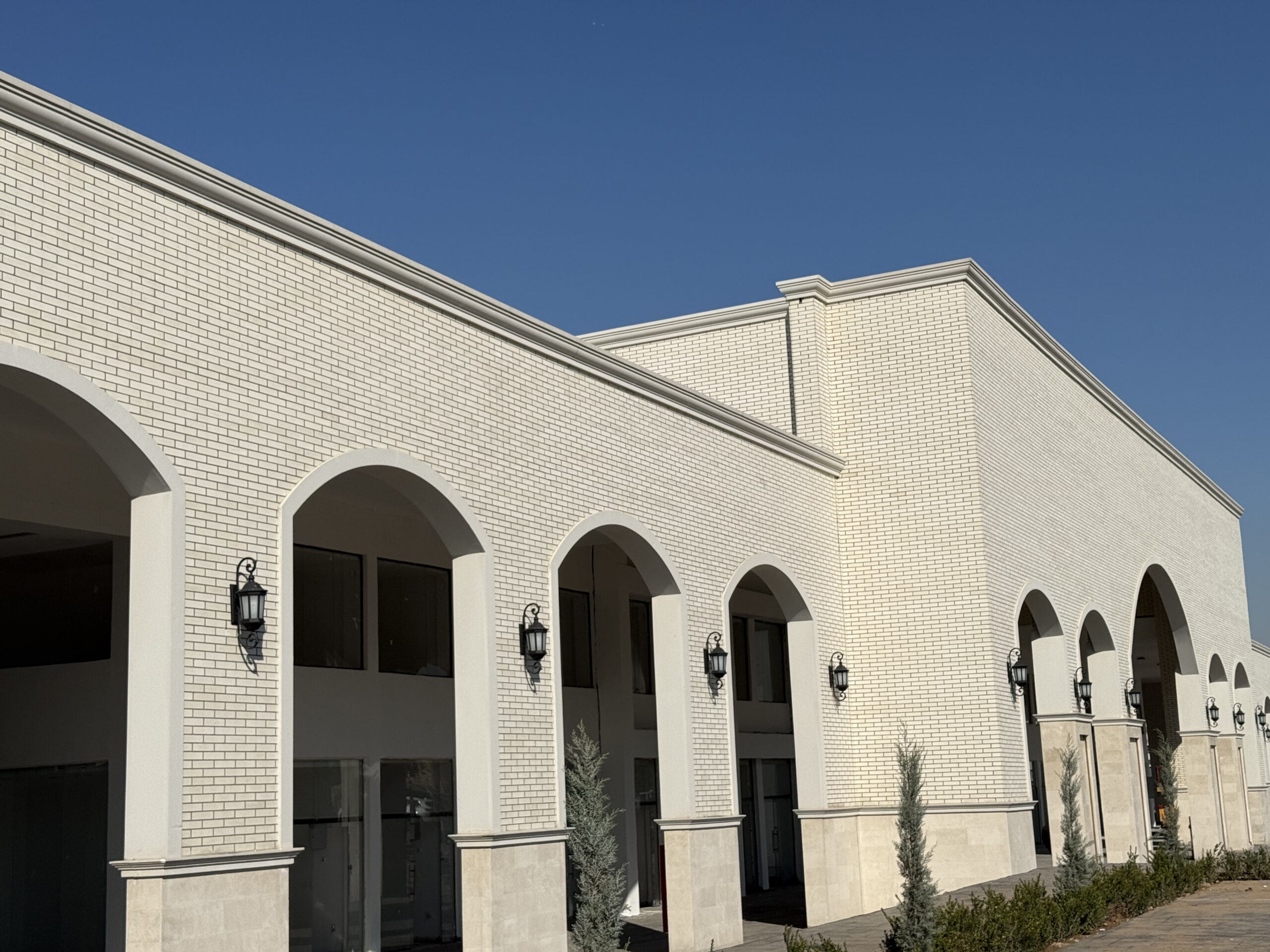Introduction to LEGO Bricks in Construction
LEGO bricks are no longer just toys; they are reshaping construction. These versatile blocks are inspiring innovative solutions in architecture and engineering. Their modular design and structural precision make them ideal for new-age construction techniques.
Advantages of LEGO Bricks in Architectural Design
Modularity and Flexibility
LEGO bricks offer unmatched modularity. Builders can easily assemble and reassemble components without extensive labor. This adaptability promotes creative freedom in design, allowing architects to experiment with diverse structures.
Durability and Strength
LEGO-inspired construction materials mimic the durability of original bricks. These materials resist environmental stressors like wind, rain, and heat, ensuring long-lasting structures. Additionally, the interlocking design enhances the stability of buildings.
Sustainability and Eco-Friendliness
Modern LEGO-inspired systems often use recycled materials. This approach minimizes waste and contributes to sustainable construction practices. Moreover, these methods reduce carbon footprints by simplifying the building process.
Applications in Real-Life Construction Projects
Temporary Structures
LEGO-like modular systems are perfect for temporary housing and emergency shelters. They are easy to transport, assemble, and disassemble, making them invaluable during crises.
Educational Facilities
Schools and training centers can benefit from LEGO-inspired construction. These structures can be built quickly and expanded as needed, addressing space constraints effectively.
Commercial and Residential Use
From office buildings to homes, LEGO-style techniques are gaining traction. The simplicity of construction reduces costs and project timelines without compromising quality.
How LEGO Bricks Enhance Construction Efficiency
Speedy Construction
LEGO-inspired techniques allow rapid assembly. Pre-fabricated blocks reduce the need for skilled labor, cutting down on construction time significantly.
Cost-Effectiveness
Reducing material wastage and labor requirements makes these methods economical. Builders can achieve high-quality results with lower investments.
Ease of Maintenance
Structures built with interlocking systems are easy to repair. Damaged sections can be replaced without affecting the entire structure, saving time and resources.
Challenges and Future of LEGO-Inspired Construction
Addressing Structural Limitations
While LEGO-inspired methods are promising, they may face challenges in handling large-scale projects. Engineers are developing solutions to enhance the load-bearing capacities of these systems.
Adoption in the Industry
The construction industry is gradually embracing this innovative approach. With more awareness, LEGO-inspired systems could revolutionize traditional building techniques globally.
Conclusion: A Building Revolution
The use of LEGO bricks in construction is transforming the industry. Their modularity, durability, and sustainability make them a game-changer. As these techniques evolve, they promise to redefine architectural and engineering possibilities worldwide.


